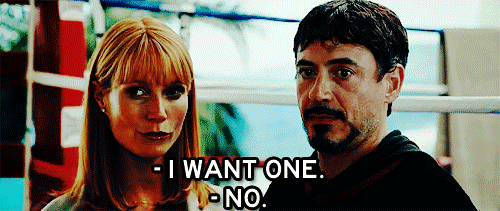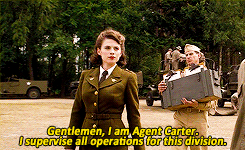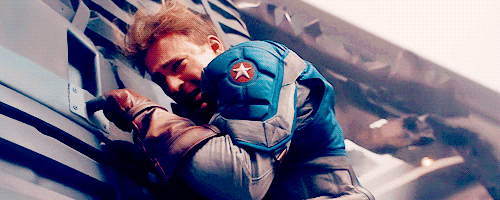All I want in life is to be successful. I want to be rich. I want to buy my wife a pearl necklace. I want a yacht. I want everything that comes with being rich. This liquor store was going to be my chance to make it big. Mama got a check for ten thousand dollars. TEN THOUSAND! I wanted to use it to invest in a liquor store with Willy Harris and Bobo. We had it all planned out and the only thing that we needed was my share of the money. But when I asked Mama, she wouldn't give it to me. She said, "There ain't going to be no investing in no liquor stores." And when I tried to talk to my wife about it she said, "Eat your eggs, Walter." Nobody ever understands me. All I want to do is make something of myself and nobody even gives me the chance.
When the check finally came, Mama went and bought a house. We were all fighting that day so she thought it would cheer us up. Well it crushed me. She took away my dream before I even got a chance to follow through with it. There was no point of working if I didn't have anything to work for so I spent the next three days drinking at the bar. I guess my boss called and complained because Mama showed up at the bar to take me home. I told her how I felt and she felt bad for me so she gave me the leftover money, sixty-five hundred dollars. She told me to go to the bank and put three thousand dollars into Beneatha's schooling and put the rest into a checking account for me.
Instead of going to the bank, I gave all the leftover money, including Beneatha's money, to Willy Harris and Bobo for the liquor store. If this investment worked, I could pay for Beneatha's schooling myself. We were one big happy family for a while there. When Mr. Lindner from the "Welcoming Committee" came over to try to buy the house from us, we declined. There wasn't anything that was going to stop us from moving into that house.
Later that day, Bobo came over and told me that Willy Harris has run off with the money. I was devastated. I finally had the chance to achieve my dream and Willy Harris crushed it. Our family also needed that money. I knew I made a huge mistake so I tried to make it right by calling Mr. Lindner and accepting the money for the house. Once he came over however, I knew I couldn't accept his offer. If we gave in to the white oppression then how will the black equality movement ever move forward? Money is still important, but sticking up for your family and yourself matters a lot more.
















.jpg)









.jpg)





